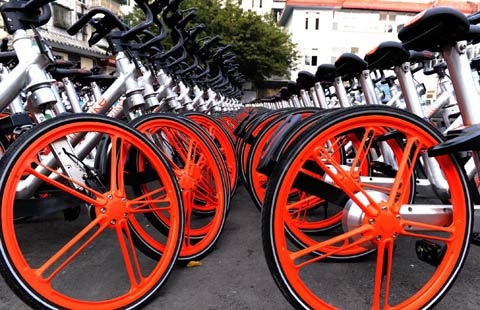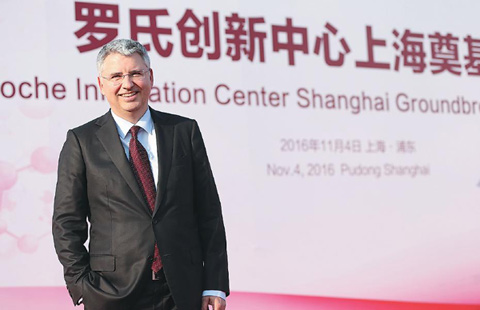HK, mainland economies complementary
When Hong Kong's sovereignty reverted back to China, political integration was immediate (albeit, under the framework of "One Country, Two Systems"). Various differences between the two systems have required a long process of economic integration between Hong Kong and the mainland. Economic and social realities play an important role in the changing situation between the two economies. During normal times, the path of economic integration should be more forward looking, laying out all sorts of possibilities. In abnormal times, such as the recent infant formula incident, abrupt policy actions must be carried out to protect Hong Kong residents, ensuring social and economic stability.
We must take a pragmatic view when considering the process of integration. While the mainland economy is vast, the Hong Kong economy is tiny. The mainland economy can easily absorb the economic spillovers, but the reverse could be difficult if mainland residents come to Hong Kong on a massive scale. Disruption could become uncontrollable. Thus the physical border between Hong Kong and Shenzhen plays a crucial role in times of uncertainty and instability. Considering the recent infant formula crisis, for example, the Hong Kong authority decided to restrict the amount of parallel trade going through the border. Such a decision received popular support, but it could be difficult to execute at the actual border crossing.
One practical answer to the infant formula debacle is simple, and it might even result in more business opportunities. Since local infants are born in hospitals in Hong Kong, infant formula could be sold in the very hospitals where the newborn is registered. Certainly, a new division within each hospital might be easily mandated to supply the infant formula to mothers at normal prices. The purpose would be ensuring that all Hong Kong-born infants receive adequate supply of infant formula for a period of time before they take solid food. Although in a market economy such as Hong Kong where private sector is the main driver in businesses, it would seem abnormal for government to intervene in business development, since business development is traditionally market-led.
The marginalization of Hong Kong has been a popular talking point for years, as the mainland economy rose rapidly to become the world's second largest. Recent events, however, show that Hong Kong can still serve to improve the mainland economy in a number of ways. The growing parallel trade across the Hong Kong border shows that the market mechanism and the business mentality on the mainland, even in Shenzhen Special Economic Zone, need drastic improvement.
Hong Kong has been aiding the mainland economy in very many ways. It can be argued that Hong Kong serves as a "reference point" for the various developments in the mainland economy. Hence, it would be natural for Hong Kong to provide "lessons" for mainland institutions, enterprises and individuals. In the education field, for example, vocational training can easily be "exported" to mainland to enrich the nation's human capital, providing further career training to those who decide not to pursue university education or drop-out of school prematurely. If the nation's leaders are keen to eradicate corruption, there are also channels through which the Hong Kong experience can be utilized (for example, consider the Independent Commission Against Corruption). While Hong Kong has promoted the economy of southern areas, remote provinces should be equally welcome to use Hong Kong as a platform for their promotion and development.
In short, there are still a great number of development issues in Hong Kong that can inspire mainland institutions. Economic integration between the two economies depends a lot on each side complementing the other. Hong Kong is ready to assist the mainland economy in raising its level of development. Hong Kong is economically more advanced, and it would be to the advantage of both economies in narrowing the development gap by raising the development of the entire mainland economy. Similarly, the more developed regions in the mainland (already benefiting from a relationship with Hong Kong) could serve as reference to the development of the inner provinces. It is the "trickle down" effect that will eventually raise the overall development of the mainland economy.
The author is an associate professor of the Department of Economics and Finance at City University of Hong Kong























